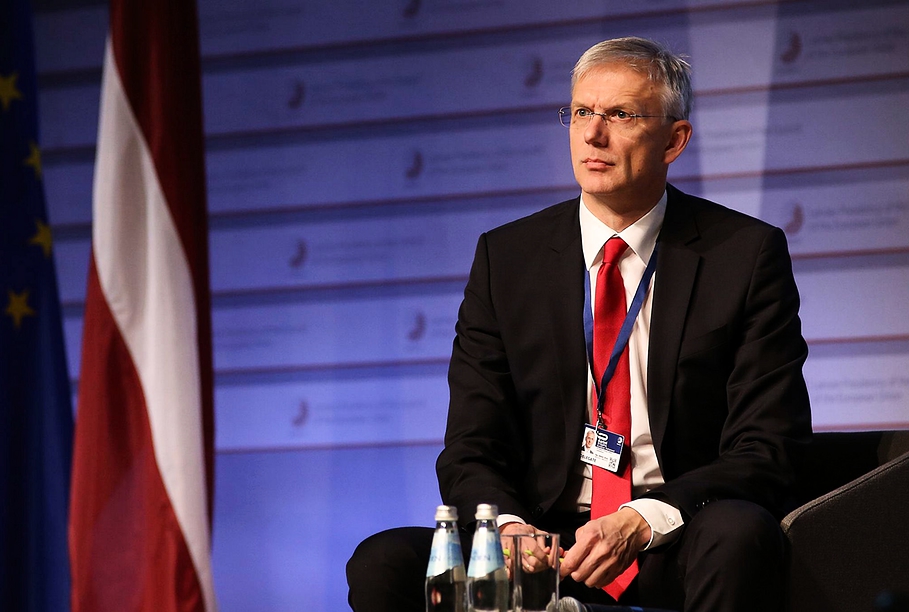"If we just abolished roaming fees for consumers, it would mean price hikes somewhere else, on the local market, which is not the desired result," the Latvian MEP told a press conference after a meeting of the delegation of the European Parliamentary Committee on Industry, Research and Energy (ITRE) and the Office of the Body of European Regulators for Electronic Communications (BEREC) in Riga.
Karins said that the EP has been seeking the best solution for regulating roaming fees, to try to bring them down for consumers. An agreement on the issue is expected to be reached by midsummer.
He explained that regulators must find a proper balance between the interests of traveling telecom consumers and those who use only domestic telecom service providers.
Constanze Krehl, an ITRE member of the Group of the Progressive Alliance of Socialists and Democrats in the European Parliament, noted a widespread expectation among EU citizens that roaming charges could be abolished altogether without providing a compensatory mechanism.
"It is therefore necessary to explain to people that compromise solutions are needed, and I am sure that we will find a solution," said Krehl.
BEREC chairperson Fatima Barros also called for such solution to ensure lower roaming fees without making consumers on local markets to pay more. One of the solutions, in Barros' opinion, might be an opportunity for travelers to use data transmission services for the same price they are charged on their respective local markets.
Latvia had begun a push welcomed by traveling telecom service users for 'roam like home' fees as it took up its six-month Presidency of the Council of the EU in January, but last month EU member states postponed the planned abolition of roaming fees at least until 2018.
When roaming fees hit an all-time highs in 2007, the EU took action to try to bring the charges back down. Since then, roaming fees have been cut by 80-90% on average.





























